Lahore's first electric train rolls out
Transit system comprises three coaches for 320 passengers
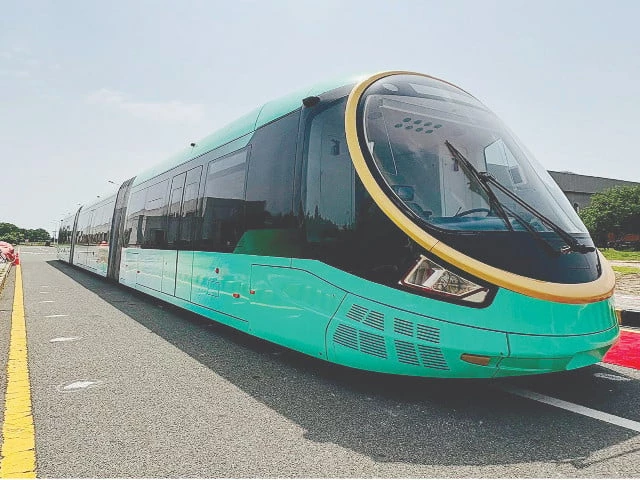
Punjab Chief Minister Maryam Nawaz Sharif on Tuesday oversaw the trial run of Pakistan's first urban electric train — the Super Autonomous Rapid Transit (SART) system.
The chief minister monitored the road test from Ali Town to Muslim Town in Lahore, inspecting onboard facilities and observing the transit system's performance amidst regular city traffic. The event drew excitement from onlookers along the Raiwind and Canal Roads.
Provincial Transport Minister Bilal Akbar Khan briefed the CM on the technical features of the electric train manufactured by Norinco International.
The transit system comprises three air-conditioned coaches with capacity for 320 passengers. Designed for urban commuting, the fully electric train can travel up to 40 kilometres on a single charge. A fourth coach may be added in future configurations.
The system, already operational in Turkey, China, and the United Arab Emirates, is being introduced in Pakistan as part of a push for environment friendly modernised transport. The government touts the initiative as a step forward in reducing traffic congestion and air pollution.
"This project is not just about transportation — it's a symbol of progress," Chief Minister Maryam Nawaz said during the visit. "Every day now brings good news for the people of Punjab. The SART will enhance Lahore's beauty and connectivity, and similar projects are in the pipeline for Gujranwala and Faisalabad."
In a related development, the chief minister announced the rollout of 1,100 electric buses across Punjab. These buses, which will serve both major cities and towns, will charge a fare of Rs20, aiming to make sustainable transport accessible to a broader population.
Speaking later at a ceremony under the "Apni Chhat Apna Ghar" initiative, the chief minister reaffirmed her administration's commitment to addressing public service gaps.
She pledged to end water shortage across the province within a year through major infrastructure investments. Additionally, she noted the reinstatement of free medicines for the public, reporting that 95 per cent of patients now receive medications at no charge. Specific programmes include home delivery of tuberculosis medicines and insulin for children.
She said efforts to expand community health access were under way through the Clinic on Wheels programme, which was delivering free primary care to neighbourhoods.

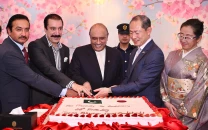
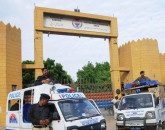
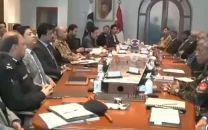



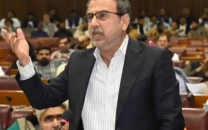












COMMENTS
Comments are moderated and generally will be posted if they are on-topic and not abusive.
For more information, please see our Comments FAQ